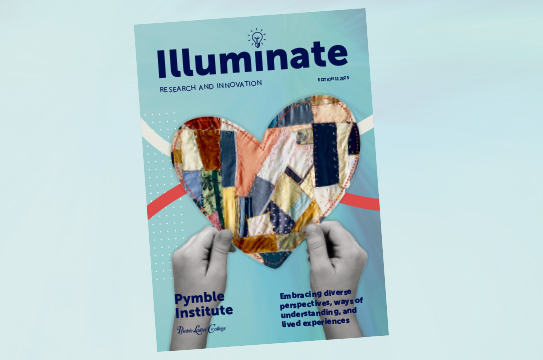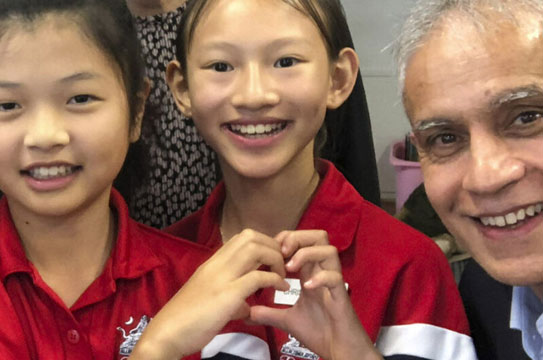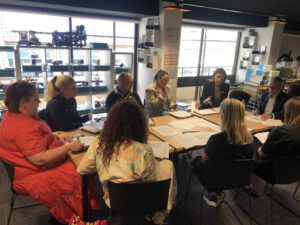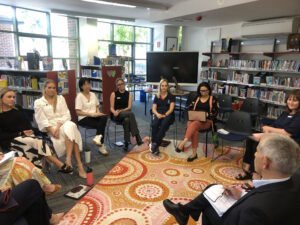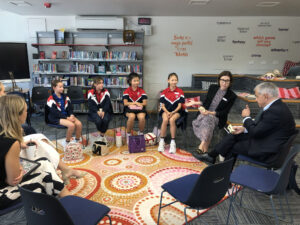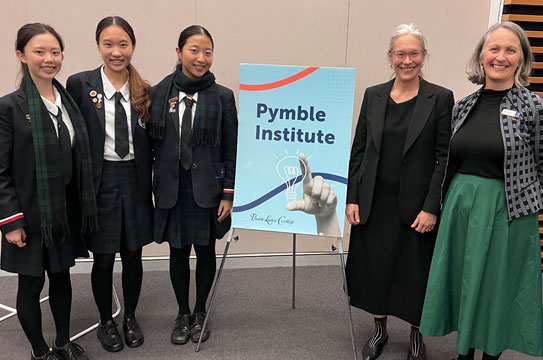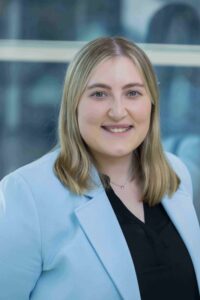Research Conversations with Sophie Gee
Associate Professor Sophie Gee, from Princeton and the University of Sydney, joined us at Pymble Ladies’ College, for a vibrant and thought-provoking Research Conversations afternoon.
Sophie is an English professor, writer, podcast creator and public humanities advocate with a very big pile of books to read. She teaches in the English Department at Princeton University and holds the position of Vice Chancellor’s Fellow at the University of Sydney. She is also the co-host of the popular podcast The Secret Life of Books and the author of the acclaimed novel The Scandal of the Season, a witty reimagining of Pope’s The Rape of the Lock set in eighteenth-century London. The novel was named one of the Best Books of 2007 by The Washington Post and The Economist and has been published in 13 countries.
The Research Conversation attracted a broad audience, including our community of English teachers, Year 10, 11 and 12 students, parents, alumni, members of the Education Journal Club and students from Scots College, led by Dr Jeff Mann.
Sophie was warmly introduced by Senior School student, Helena Tang, who began with a lively round of quick-fire questions. To the surprise of many, Sophie confessed a lack of fondness for Harry Potter and Love in the Time of Cholera— though she expressed admiration for Henry James’ The Portrait of a Lady and the enduring appeal of Jane Austen, earning cheers from many English teachers in the room.
In her address, Sophie shared insights from her journey in academia, including her time as a PhD student at Harvard and her current leadership role at Princeton. With characteristic wit and candour, she opened with a bold provocation: “In Defence of Reading Refusal.” In preparing her lecture, Sophie used data from an impromptu survey of students’ experiences with reading and writing under the pressures of the HSC, revealing the real challenges students face when engaging with literature in exam-focused environments.
Despite the realities of this and with acknowledgment that a reduction in joy can flow from assessments and examinations, Sophie passionately defended the value of reading. She spoke of its power to foster empathy by connecting us with characters, settings and perspectives far removed from our own, and of its role in helping us navigate uncertainty. Sophie’s reflections were enriched with quotes from Baldwin, Keats, Bacon, Austen and Emerson, reinforcing the transformative potential of literature across the ages. Showing the impressive skill of the next generation of humanities academics, Year 12 student, Amy Zhang, hosted an interview with Sophie after her lecture, and Year 11 student, Jenny Xu, concluded the event with an inspiring wrap up of the importance of the humanities studies at school and tertiary level.
It was a truly enriching and inspiring afternoon with Associate Professor Sophie Gee—an occasion that celebrated literature, critical thinking, and the enduring importance of the humanities in education and society.


